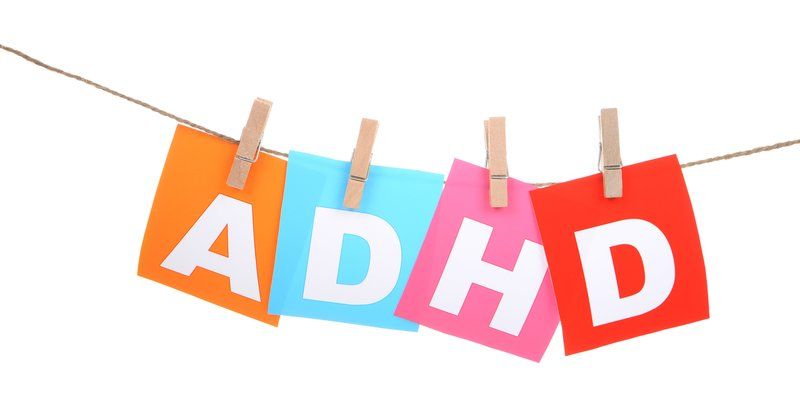Who Develops ADHD?
- By Cedric Hitchens
- •
- 24 May, 2019
- •

Studies have shown that between 5 - 10% of school-aged children develop ADHD. As a parent, you probably want to know why some kids get ADHD while others don't. If there were a certain "type" of child who develops ADHD, then it would be a lot easier to prevent the disorder from emerging completely. But unfortunately, there isn't any. So is there any way for you to determine if your child is at risk for getting ADHD? Are there known risk factors to developing the disorder?
Medical journals suggest that there is a strong link between genetics and ADHD. While scientists have not yet identified a particular gene that carries ADHD, studies do show that 75 - 91% of people with ADHD will pass on the disorder to the next two generations. So if your parents or any of your aunts and uncles exhibited symptoms of hyperactivity, impulsivity, and inattention, there's a high chance that the disorder may have been handed down to your children. But just because the relationship between genetics and ADHD exists does not mean that genetics is the only cause. Genetics simply makes someone predisposed to the disorder. ADHD itself will only start to set in when certain environmental factors interact with the genetic predisposition.
So what are these environmental triggers? The first of these triggers can affect the child as early as pregnancy and childbirth. A pregnant woman exposed to cigarette smoke, alcohol, a leak in mercury from amalgam filings, or other toxic substances is more likely to have a child predisposed to ADHD and other learning disorders. A child born through a cesarean section instead of a vaginal birth is also at higher risk for ADHD because a C-section does not activate a baby's primitive neurological reflexes the way a normal birth does. Antibiotics use, bottle feeding, and junk food can also trigger ADHD because they favor the development of bad gut bacteria that produce toxins and cause stress on the nervous system.
Certain lifestyles and habits also make a child more susceptible to ADHD. Children who spend a lot of time indoors watching television or playing video games are at higher risk for developing ADHD. TV does not trigger ADHD per se, but it does prevent children from exercising and using their muscles - and healthy muscles are necessary for a healthy neurological system. An unhealthy diet made out of junk food and candy may also trigger ADHD. Researchers revealed that children with ADHD suffer from deficiencies in important nutrients like zinc, iron, magnesium, and omega-3 fatty acids because they do not get enough green vegetables and deep sea fish in their diets.
In other words, there are a myriad of environmental factors that may trigger ADHD in your child, and this is why ADHD medications are an inadequate solution to ADHD. Medications only work by treating the symptoms. But if the environmental triggers are ignored, the condition will continue to persist. The best treatment for ADHD is not a mind-altering drug with many side effects, but a holistic program consisting of lifestyle changes and creating a healthy environment that will allow your child to thrive and overcome the disorder.